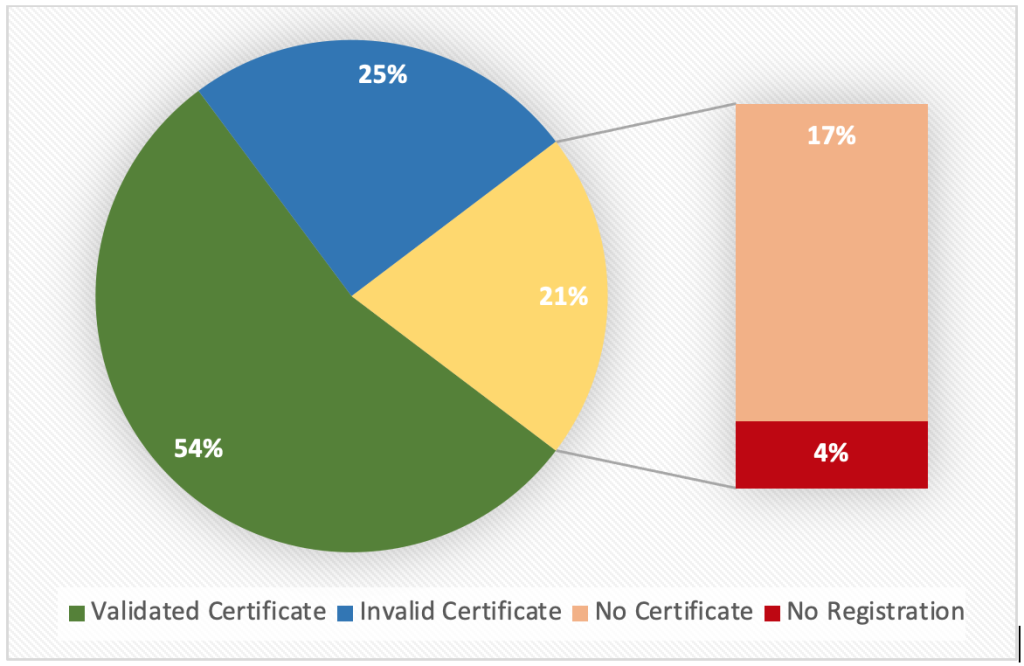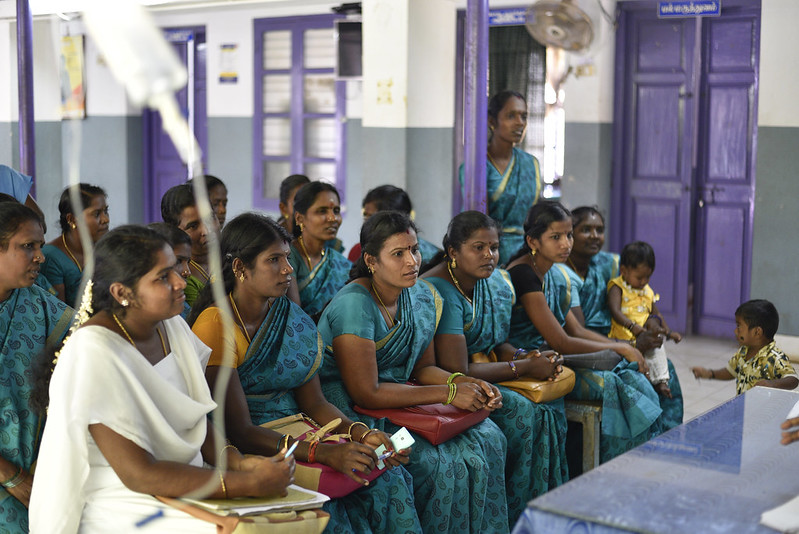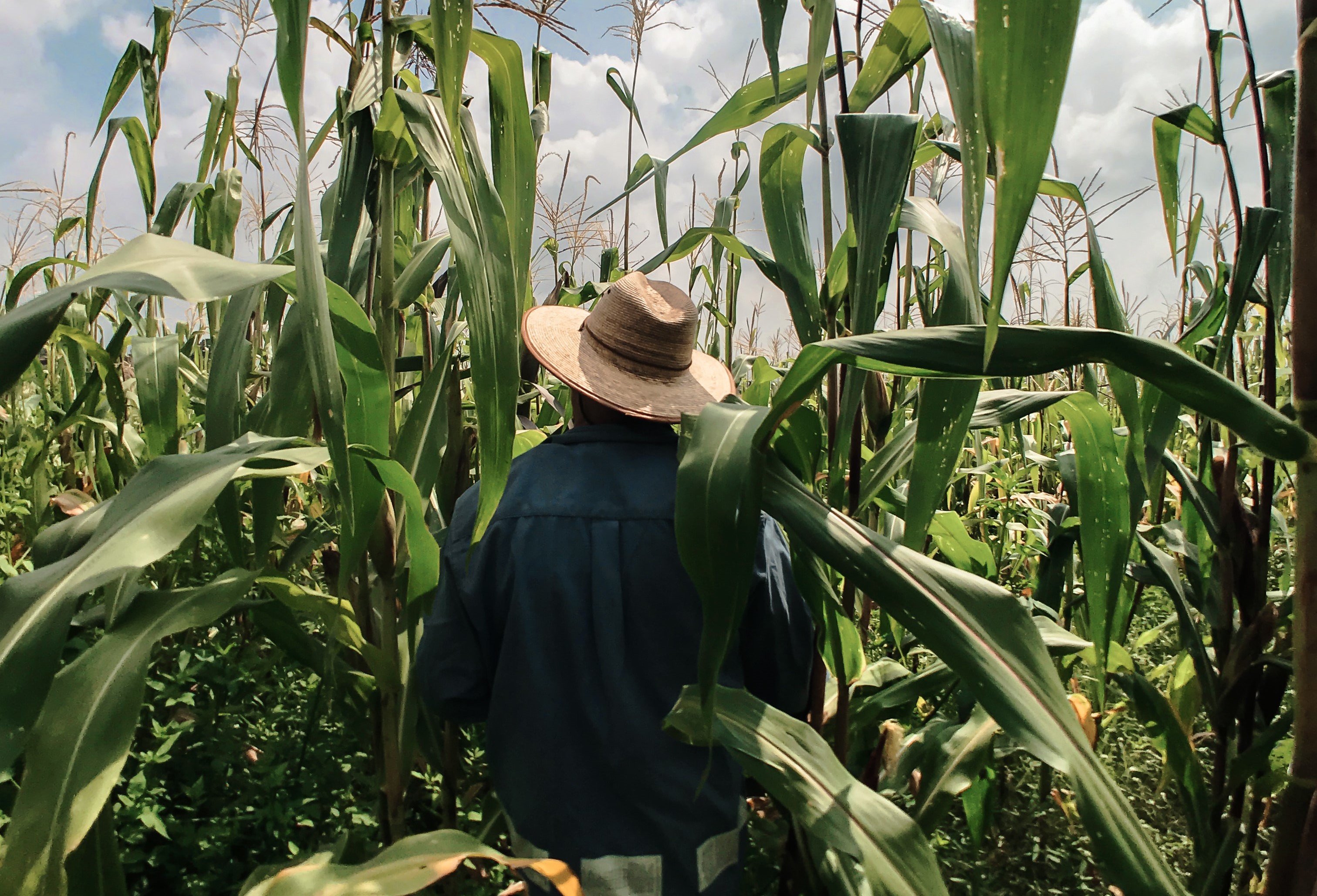Zaki Wahhaj and Abu Shonchoy summarise their book chapter “Birth Registration, Child Rights and Local Governance in Bangladesh” from Decentralised Governance: Crafting Effective Democracies Around the World.
Birth registration is a fundamental human right, yet millions of children worldwide still lack this crucial documentation. Even though the United Nations Convention on the Rights of the Child emphasizes immediate registration after birth, the reality on the ground is quite different. In this blog post, we delve into the challenges surrounding birth registration in developing countries, drawing insights from a recent study conducted in rural Bangladesh. This study sheds light not only on the extent of unregistered births but also on the critical issue of invalid birth certificates.
The Global Challenge of Birth Registration
Article 7 of the United Nations Convention on the Rights of the Child highlights the importance of immediate birth registration. However, this critical mandate remains unfulfilled in many parts of the world. While roughly two-thirds of children under five are registered, the rates vary significantly between countries. In industrialized nations, over 90% of births are registered, while in regions like sub-Saharan Africa and South Asia, the rates plummet to less than 50%. This discrepancy highlights a stark gap in birth registration success – and associated state capacity – between industrialised and developing countries.
Birth registration rates also vary widely within countries and a rural-urban divide is common within developing countries. Higher registration rates are typically found in major cities compared to remote rural areas. Additionally, births occurring in hospitals are more likely to be registered than those taking place at home. This fragmentation of birth registration leaves countless children without access to essential services and legal protections.
Recognizing the urgent need for comprehensive birth registration, the World Bank and the World Health Organization launched a 10-year Global Vital Registration Scaling Up Plan in 2014. The goal? To register all births, deaths, marriages, and vital events worldwide by 2030. This ambitious initiative seeks to close the registration gap and ensure that every child’s birth is documented.
Challenges in Birth Registration
The availability of survey data on birth registration rates has allowed for international comparisons and progress monitoring. However, governance issues can distort the accuracy of this data. Such problems manifest not just as incomplete coverage but also as reporting errors, counterfeit documents, and inconsistencies between archival records and digital databases. These issues can easily escape notice when relying solely on self-reported birth registration data or sporadic spot checks.
Insights from a Survey in Rural Bangladesh
To comprehensively study birth registration in a real-world context, we conducted a household survey in rural Bangladesh. The study focused on a specific demographic group: unmarried adolescent girls. This choice was deliberate, considering the high incidence of underage marriages among women in Bangladesh and the legal protection offered by birth registration documents.
The findings were illuminating.

The Local Governance Factor
Digging deeper into the data, we identified disparities in birth certification across different ‘unions’, the local authorities responsible for registering births and issuing certificates. While household characteristics – such as parental education – are significant predictors of birth registration, variations across unions explained a more substantial proportion of the differences in validated birth certificates. This suggests that governance issues at the local level play a pivotal role in the problem of invalid certificates. Focus group discussions with local stakeholders echoed these concerns, citing capacity constraints, corruption, and misalignment between central and local birth registration targets.
Contributions to Birth Registration Literature
This research contributes to a growing body of literature on birth registration in low- and middle-income countries. Previous studies have emphasized the role of both parental/household-level factors and local/contextual factors in birth registration rates. Another strand of research has explored innovative registration systems, often leveraging new technologies to digitize birth records. However, our study highlights that, without robust local capacity building and mobilization efforts, these technological interventions may fall short of their objectives in the long run.
A Focus on Reliability
What sets our study apart is its focus on the reliability of birth certificates. While existing micro-level data often measure birth registration rates, they do not consider the authenticity of existing birth records. This crucial metric has been missing from much of the birth registration literature.
Birth registration remains a global challenge with far-reaching implications for children’s rights and well-being. The study in rural Bangladesh underscores the pressing need for comprehensive solutions that not only boost birth registration rates but also ensure the reliability of existing records. It serves as a reminder that governance issues at the local level can significantly impact the effectiveness of birth registration efforts.
This blog piece is based on the following book chapter: Shonchoy and Wahhaj (2023), “Birth Registration, Child Rights and Local Governance in Bangladesh”, chapter in Decentralised Governance: Crafting Effective Democracies Around the World, edited by J-P Faguet and S. Pal, LSE Press
The views expressed in this post are those of the author and in no way reflect those of the International Development LSE blog or the London School of Economics and Political Science.
Featured image: A mother and child, rural Bangladesh. Lutful Husain for International Centre for Eye Health, via Flickr.





